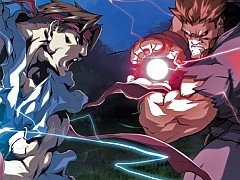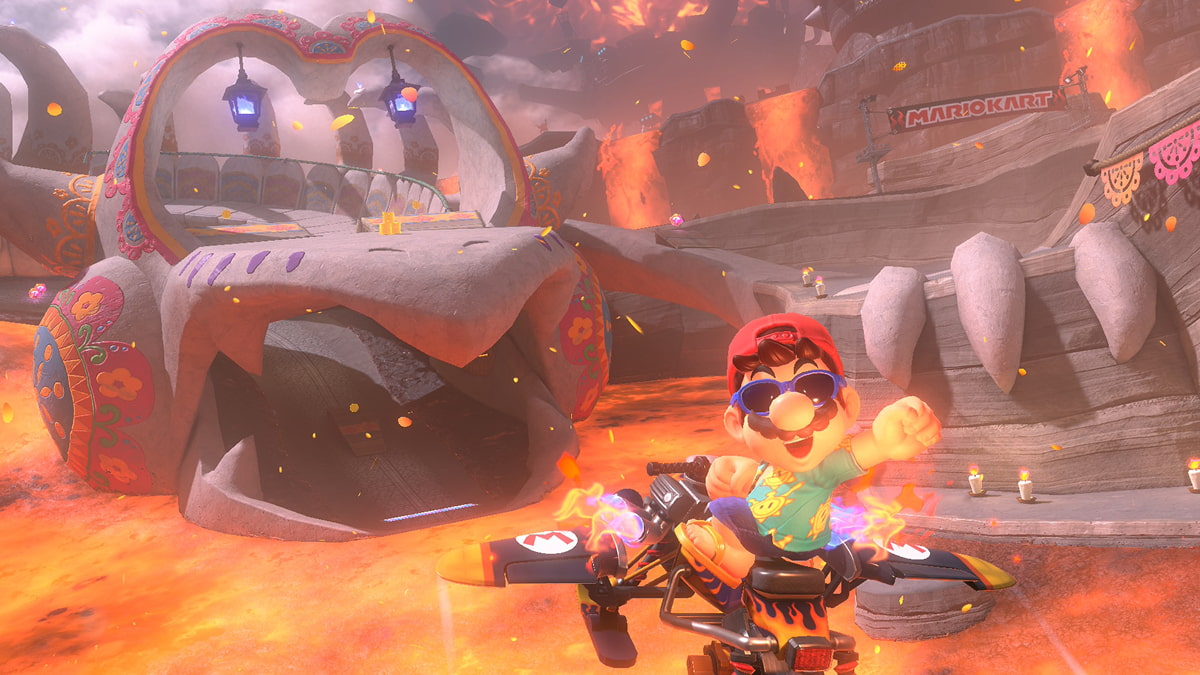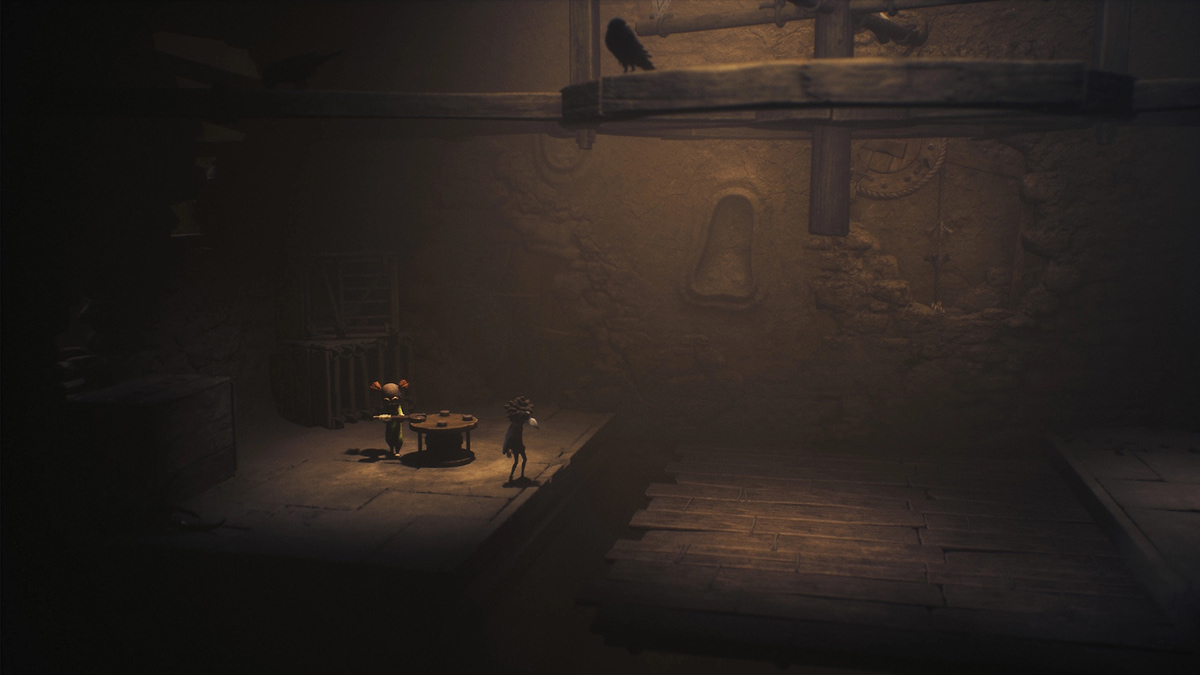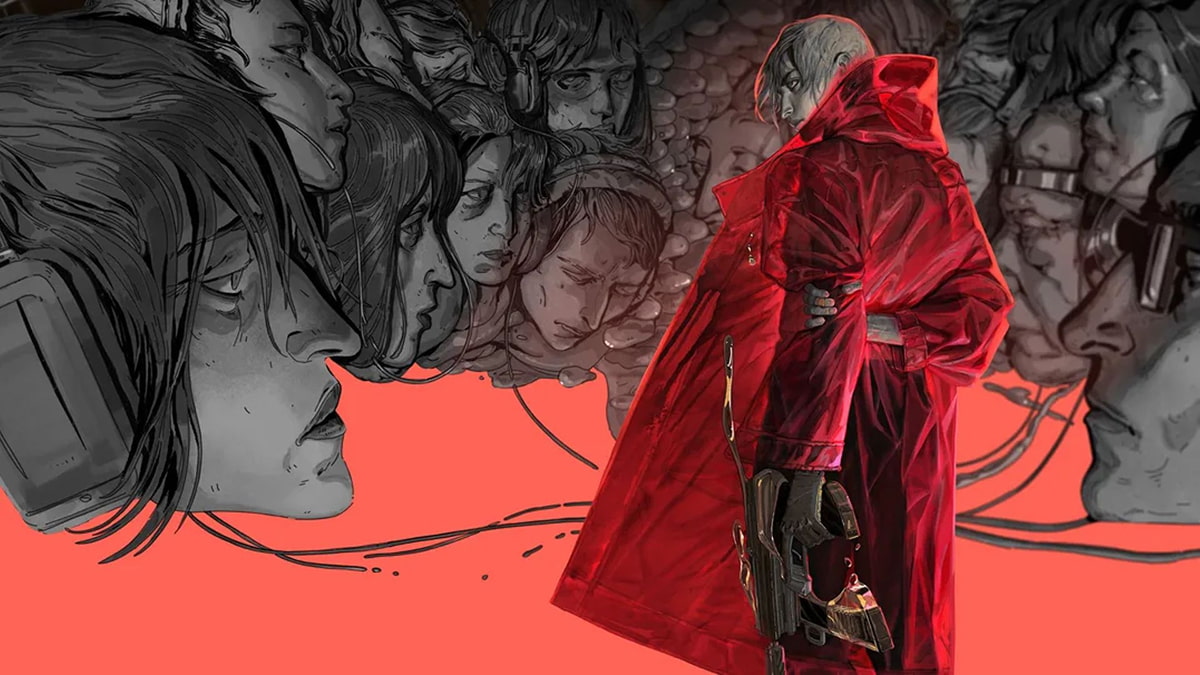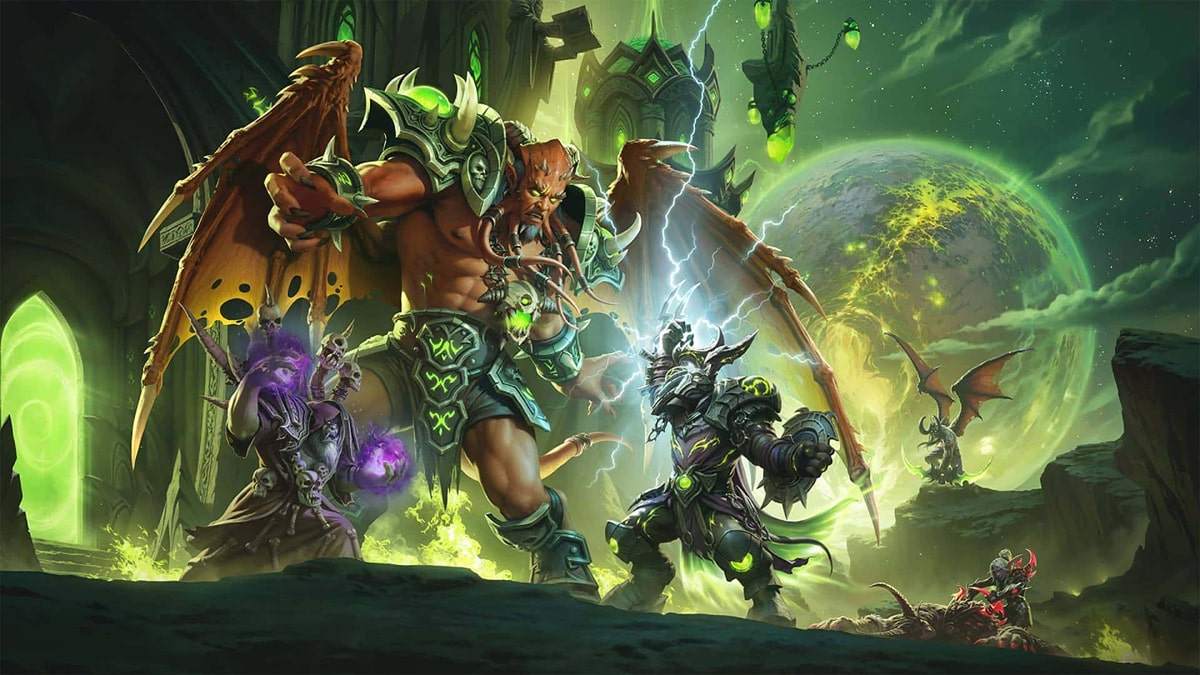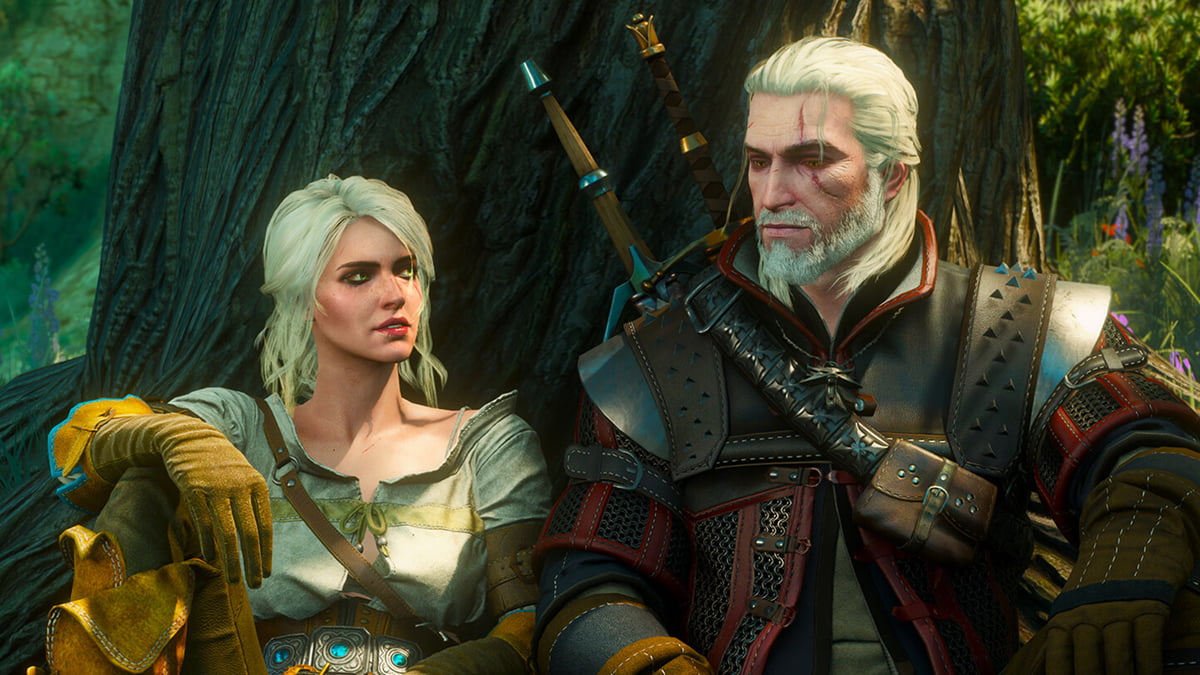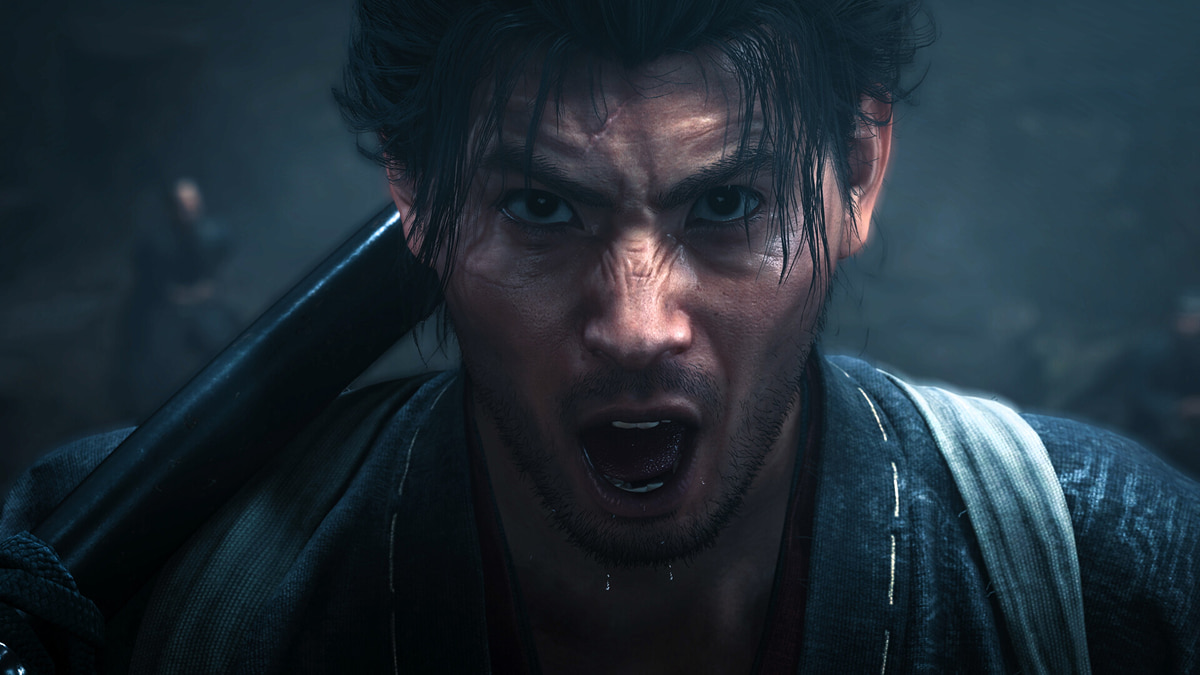You can trust VideoGamer. Our team of gaming experts spend hours testing and reviewing the latest games, to ensure you're reading the most comprehensive guide possible. Rest assured, all imagery and advice is unique and original. Check out how we test and review games here
Everyone knows that Super Street Fighter 2 Turbo HD Remix is absolutely brilliant (cos you’ve read our review, right?). But what everyone doesn’t know is that it might not have made it out the virtual door. Here, in the second part of our massive post-mortem interview series with lead designer David Sirlin (click here for the first part), he reveals just how close the game came to getting the chop from the powers that be at Capcom, and explains why it’s better off for Backbone that he doesn’t dish the dirt on his departure from the developer.
VideoGamer.com: Did you ever get the feeling that Capcom might cancel the project at any time during the development of the game?
David Sirlin: Yeah that was a possibility. It felt the most possible during that first phase with the art that we had to throw away. It was unspoken but everyone just knew it that if that art wasn’t going to work out then maybe they would cancel the whole thing. And turns out they didn’t. I wonder if there was just so much pressure from the outside that kept them going.
VideoGamer.com: Who do you mean when you say from the outside?
DS: I mean from just the world of gaming. Everyone knew about the project by then.
VideoGamer.com: So this is quite early on in the development of the game?
DS: Yeah it was pretty early. We were worried and Udon was worried, too. Actually Udon had a lot of foresight I guess. They were the ones that said, ‘it’s going to take this long and cost this much’. They were pretty correct. If only someone had gone with them from the very beginning and followed their plan. Udon saw what was coming.
VideoGamer.com: They realised it was a bigger job than Capcom realised it was going to be.
DS: Yeah. Yeah they did. Also when this change over was maybe going to happen they were very worried about even staying on with the project. I talked to them directly. That’s one of 100 ways in which I broke the rules to get this project out. I talked to Udon directly many times and I’m not supposed to do that. Everyone else was very mad that we had that contact, but it’s really dumb because the project is much better because of it. Anyway, they were telling me that, if the changeover did happen, they felt they needed to ramp up higher level of people and doing so would take X number of months and Capcom didn’t seem to be on board with that. It was more like, ‘no don’t worry about it, don’t worry about it’. Then one day, ‘BAM! OK we’re changing gears’. And Udon’s like, ‘yeah but don’t you see we said we would need all these new people?’. So even when the changeover happened, that’s why there was more delays. Udon didn’t really have time to prepare like they said they would need to. By the end they did, I think, half the characters’ art in a month and a half. It was some crazy fast thing, because they finally honed the whole process to be so efficient that most of the project’s art was done right at the very end.
/https://oimg.videogamer.com/images/da17/2sirlin2.jpg)
VideoGamer.com: Looking at the art now, is it as good as it could have been?
DS: Well you could always say it could be better, right?
VideoGamer.com: Did the characters whose art was done right at the end of the project suffer as a result?
DS: No. I know what you’re getting at. It’s not that certain characters suffered. Even though a lot of the art was done at the end, after that was finished there was a phase of fixing problems, which applied to all the characters. So even the ones at the very end got attention to be fixed up just like the earlier ones. So it’s not so much that particular characters suffer. It was more that if we had just been on a more continuous track from the beginning, maybe we would have had a different shading style or something.
VideoGamer.com: You’ve worked on a number of Capcom published titles. What do you think of the company?
DS: Well Backbone advises all of its employers to say that a publisher is great to work with!
VideoGamer.com: You’re not with Backbone now though!
DS: No I’m not. Well I don’t know how to answer that. I’ve worked with SEGA so I have some comparison. It’s not like I can say they’re better or worse than Activision…
VideoGamer.com: From a personal point of view how do you find them to work with? Are they receptive to new ideas, or are they close minded? Do they play things safe regarding new projects?
DS: I guess the reason that that is a hard question to answer is that most of my experience with them is with a different Capcom than exists right now. They all changed management. So all those relationships I had about, maybe during that other Street Fighter game, like I mentioned I was not involved with Commando or 1942 but Capcom asked me if they would like to write into the contract the obligation on Backbone’s part that I’d lead those projects. And I said no, I don’t really want to stir up that trouble. But that was the old Capcom that I worked with. They wanted me on those front lines making sure things were as good as they can be, and they’re the ones that said they would love to approve my card game having Street Fighter characters, and they’re the ones that when Capcom Classics Collection 1, which is the thing that started the whole relationship, that project had struggled too and we managed to finish it on time and on budget and we got through those problems, but I felt like I was really working on the same side as the executives at Capcom on finishing that. Now this new Capcom I just don’t have as much of a relationship with them so it’s hard for me to say.
VideoGamer.com: It sounds, though, that you’ve had a positive relationship and experience with Capcom during your time working with them.
DS: I would say definitely yes to that for several years, but now I really don’t know what they think. For all I know they’re tired of working with me because I’m a trouble maker. I don’t know. Maybe they love me, maybe they don’t. I really am not sure. I know that I caused a lot of trouble on this project and I felt that I had no choice. This was the only way to deal with all this bureaucracy. So I’m really not sure how they perceive that.
/https://oimg.videogamer.com/images/0b47/2sirlin3.jpg)
VideoGamer.com: Your post on your website where you announced that you were no longer with Backbone read as if you wanted to say something but decided not to. What were the circumstances surrounding your departure from Backbone? From a fan point of view it seems like you should be working on the game, working on patches and what not and seeing the project through.
DS: That last part about the patches, as I stated I’m completely happy to work on those, so I don’t think anyone should worry about that from my point of view. You just have to hope that Capcom and Backbone are OK with hiring me. I’m not saying they’re not OK, I’m just saying that’s their call. So as far as I’m concerned I’d love to do that. As for me having more to say, I wrote a post that said everything and then I decided to post something that said nothing. I thought it was curious that people had such a negative reaction to my post though, because I really don’t say anything at all. I said nothing about them. There’s a link to some third party reviews that I didn’t write, that are publicly available. The reason that I didn’t say anything is that if I were to explain the actual circumstances it would look so incredibly bad for them that I just had to ask, is it worth it to create that kind of media fire storm over it? I just don’t think it is. So, I think some people think I’m ashamed of something that happened. No, no, no.
VideoGamer.com: The post seemed as if it was written through gritted teeth, with you biting your bottom lip. You say, ‘I’m taking the high road for a change’. What did you mean by that?
DS: There’s some irony in that the same sentence has the links to those reviews, but I really feel I did because I didn’t say anything about what the circumstances behind it is. As I’m telling you it just would reflect very poorly on them. You can see it for yourself if you think about, this HD Remix project for example, you can look at the Capcom Collections, too, and see the same kind of thing, but HD Remix is so much more visible that you probably know a lot more about it, you can see that I’m just always fighting to do a decent job on things, and that’s tiresome. If you look at Backbone’s other products, there just doesn’t seem to be the same kind of approach that I take on those other products. Maybe there’s some different ideas about the process of making games or something. I don’t know.
VideoGamer.com: Did you just get ground down by having to fight so hard for what you believed in?
DS: Well, sure. I think it’s kind of a mutual thing. They’re probably tired of me fighting them.
/https://oimg.videogamer.com/images/7765/2sirlin4.jpg)
VideoGamer.com: I guess you don’t want to negatively affect the project when you’re available to work on updates and patches.
DS: No I definitely don’t want to affect it negatively. The whole point of this rebalanced mode is to see if we can do better than Super Turbo and the only way to do better is to last a really long time. That’s what doing better means. It’s totally conceivable that something will need to be fixed, that there’s some oversight that just ruins the game. I don’t know. I would have fixed it if I knew about at. If something like that comes up I really really want to be able to address that.
VideoGamer.com: Do you think Capcom will be willing to support the game in terms of patches and updates post release?
DS: It was very hard to get Puzzle Fighter patched at all. There’s a lot of difficulty in patching console games. First of all you have to pay the console makers for each of these patches and second you have to do QA and bug testing on these patches. If you change one area of the game to fix a problem with it, as far as the publisher knows, they don’t know you didn’t make some mistake in some different part of the game, so they are pretty much obliged to do testing across the board. So all this testing and fees, they’re all barriers to patching. I’m not saying anything bad about Capcom there. It doesn’t matter who they are. For any console game there’s just these barriers to patching. The question is, is the upside big enough to justify it? With Street Fighter I hope the answer is yes. I hope the answer is, definitely, we want to fix as much as we can and have this keep selling for many many many years. I’m of the opinion that they think that. That seems logical to me.
This process I’ve explained, it has nothing to do with Capcom or Backbone or anything, it’s just the nature of the beast, that problem is so frustrating that if I were to do a completely new fighting game, I don’t think the way we did HD Remix makes a lot of sense. In HD Remix’s case, we knew so much about Super Turbo that there was at least some shot of basing all our knowledge off that, changing a few things and having it come out better. But imagine if you were to make some new game where you don’t have 15 years of knowledge about it, and you release it to the wild and it’s hard to patch, it would be a disaster. So I think the only way to do it is to have online tests on PCs the entire development process. We didn’t have that. We had no way of balance testing it online ahead of time. I think that would be vitally important to make a new fighting game.
VideoGamer.com: You had the Xbox LIVE beta though.
DS: That had nothing to do with balance testing though, that was only for network testing. It only had Ken and Ryu. So I’m sitting there sweating bullets over T-Hawk’s piledrive balance or something, or whether he should have a whiff animation, and I didn’t get anything out of that from the beta test. Testing and patching is so important that we really should base the whole project around that if we ever did it again.
/https://oimg.videogamer.com/images/110b/2sirlin5.jpg)
VideoGamer.com: From a personal point of view, now the game is out, what’s your biggest regret and your most proud achievement?
DS: My proudest achievement is that there is this rebalanced mode at all. To me it’s all about that, it’s not the art or the networking or anything like that to me personally. It’s that I was able to create it in the first place and I was able to combat the huge negative press it got. People seemed to have no idea what we were trying to do, and so that’s why I wrote this series of 20 articles, that’s actually longer than my book it’s like 60,000 words about this game. It’s really crazy. I don’t know who else does that. So the components of my answer are that this mode exists at all, that I was able to turn the tide of the press, and I know Capcom likes to say we, but it wasn’t we it was me. I wrote those articles, I’m the one that sent that message. And then the third thing, the real test is is it going to last? We don’t know that yet it just came out, but the very least what I can say is I’ve got hundreds of messages that are basically apologies, ‘oh we were questioning this balance change but now we see it and play it it’s great’. That’s a great relief. I look on the forums to see what people think, is there some character that’s too good or something. And now it’s a state of total chaos. Akuma’s the worst, Akuma’s the best…
VideoGamer.com: Dhalsim’s noogie…
DS: Yeah Dhalsim can’t compete any more, Dhalsim’s still the best. Everyone disagrees. So many of them seem unaware of all the rest of their comments. One person has messaged me saying they were hoping for a patch and they wanted a couple of bugs fixed, but they also thought it was vitally important that they changed some property of Cammy and Honda. But then there was a whole bunch of other people that thought exactly the opposite of him.
VideoGamer.com: You can’t please everyone!
DS: I take that as a good sign. That’s really the goal, is to have it be very unclear which characters are the best. For the first week, I’m proud of that. We don’t know the future. Maybe Blanka’s the best or ruins the game, who knows what will happen later, but for now it’s looking good.
VideoGamer.com: What about regrets?
DS: I guess I regret that it was so hard of a project when I didn’t feel that it had to be. If we had used a lot of that energy of conflict, all being on the same page, I think we could have got even farther than we did. I don’t know how to do it in broad strokes, but just one tiny example maybe would paint a picture. In the beta test, when you’re in the lobby and waiting to play, if it’s your turn to play next, what happens if your opponent doesn’t press start? The answer is that the match does not start. You have to both press start. So this obviously caused problems. It would be your turn, and the other guy, maybe he was getting a sandwich and he’s not even there and everyone had to quit. It was obviously a problem, more than a year and a half before that beta. Capcom and I had specifically discussed this issue in Hyper Fighting and how we knew how to fix it in HD Remix, that you can’t have people stalling in lobbies and preventing the game from going on. So we need to fix this obviously. And then you could ask, ‘well how hard is it to address that?’. I talked to the programmers and they said, ‘well we’ve already addressed it in the tournament mode’. So actually we would just copy and paste the code and it would take maybe five minutes plus another five to verify that it did what we thought and that would be that. And I said, ‘great! Let’s do it’, but then because of political arguing that has nothing to do with really anything, that particular change took months and months. It took fighting, it took me going to the head of our company, even then I couldn’t get it through. All of this effort to get that one thing fixed that would have taken five minutes. So that is a regret, that there was a lot of wasted energy.
/https://oimg.videogamer.com/images/d115/2sirlin6.jpg)
VideoGamer.com: What sort of political conflict caused that to take months to get through?
DS: It wasn’t about the change itself, it wasn’t about whether that would have made a better game or worse game. It was just about that it was a change at all, that we’ve got a schedule to stick to, you do X, Y and Z in this order, Capcom’s paying for certain things and not for others and it’s just not part of our plan and stop wasting our time. We finally fixed that just before release so now either player can start the match. It is crucial. It was very frustrating in the beta. It happened to me all the time. Even if you annoyed other players, like throwing them too much or something, they would just intentionally not start the match when it was their turn again. It’s a very small thing that is a major problem in online play. So imagine that multiplied across many other things like that, and think of all the energy it took to resolve them.
VideoGamer.com: Any other regrets?
DS: I guess regret is a strong word for me.
VideoGamer.com: How about I rephrase it? Was there anything that you’d love to have made it into the final game that didn’t?
DS: Yeah there were two particular features. They’re minor but I really did want them and I tried for a long time. I guess that in the end I had to be OK with them not being there because so many of the other things I pushed for are there. But those two things were, in training mode when you’re looking at those hit boxes, you want to pause the game and look real closely and then step a frame ahead to see the next frame. You can’t do that, and we could do that in our debug menus. And I really wanted the final game to have that but we just never got around to it.
The other thing was a feature that’s been requested for I think four years now, and I’ve tried to put it in every single Capcom Collection and Street Fighter HD Remix and never got it in in any of them, is something the players call Tournament Pause. What that means is, this would by default be off so ordinary people would not even know about it, if you’re holding an event, maybe it’s on stage and there’s a thousand people watching like we have at Evolution, and somebody accidentally pauses the game, we have to give them a loss for that round and it’s very anti-climactic. But if there was an option you could say that you can’t pause the game unless you hold the button down for two or three seconds then all of these accidental pauses that happen at events, we wouldn’t have to worry about any more. So that was strictly for the hardcore community that goes to tournaments, but they all ask for it for years, in every version. And I just never get it in! And there’s a lot of issues with the console manufacturers. They have all these rules so it’s hard to get that kind of thing approved. Those are two little features I wish were in. If you want to use a bigger word of regret, it’s that it was just so traumatic and hard work on things that shouldn’t have been. Maybe the result of all that conflict energy is that I’m not there making their next Street Fighter right now, so maybe that’s a regret.
Be sure to check back next week for the third and final part of our Super Street Fighter 2 Turbo HD Remix post-mortem with lead designer David Sirlin.
Super Street Fighter II Turbo HD Remix
- Platform(s): PlayStation 3, Xbox 360
- Genre(s): Beat 'em Up, Fighting
